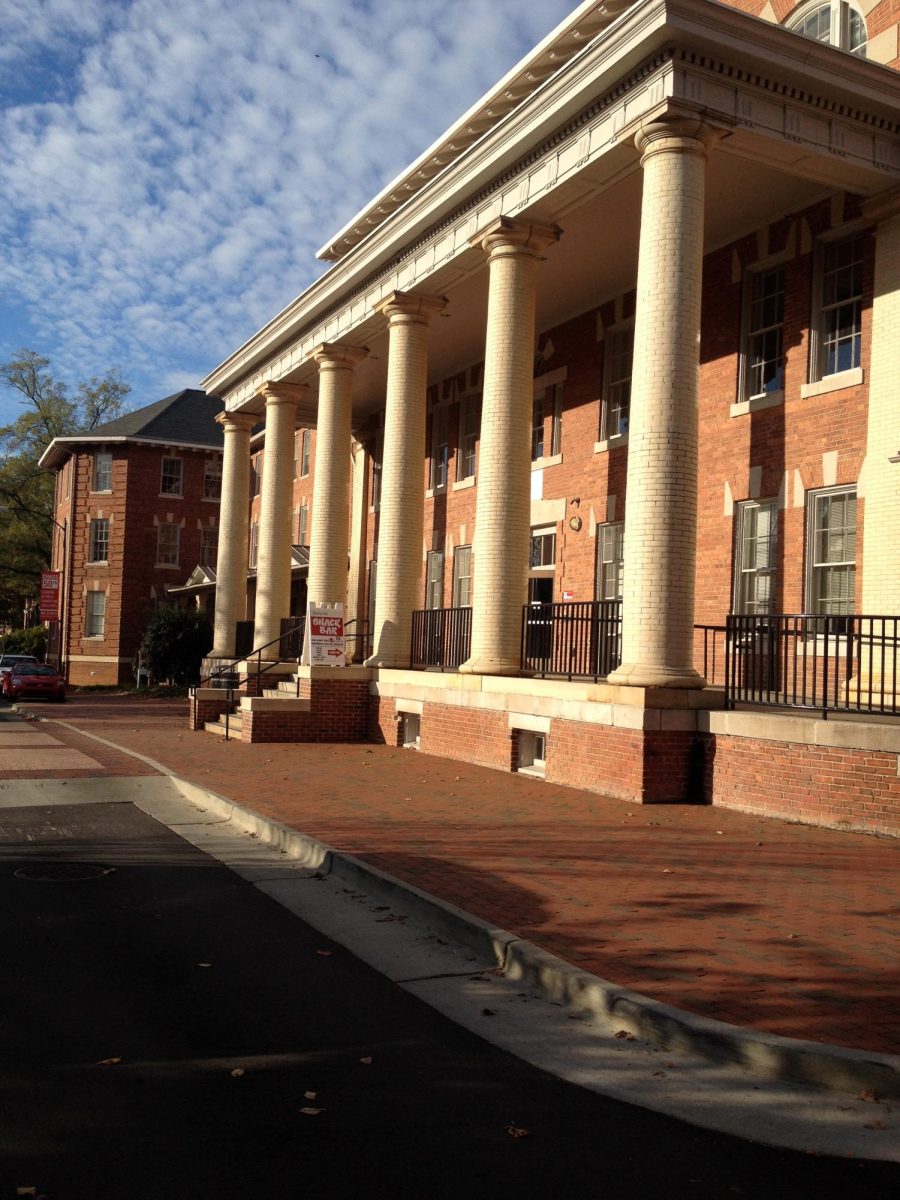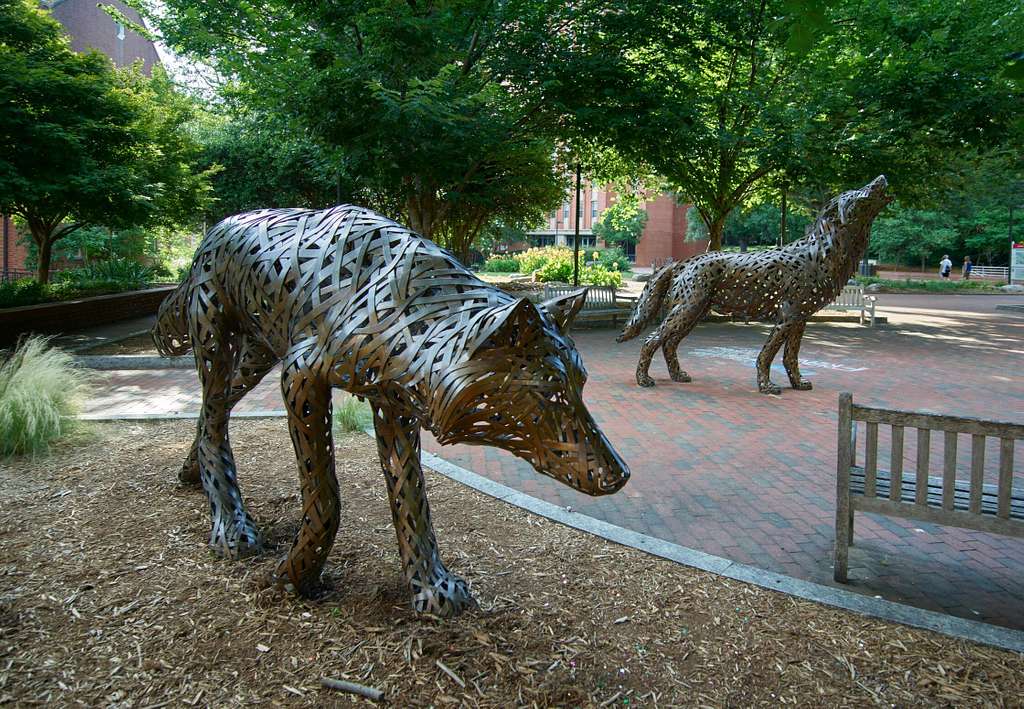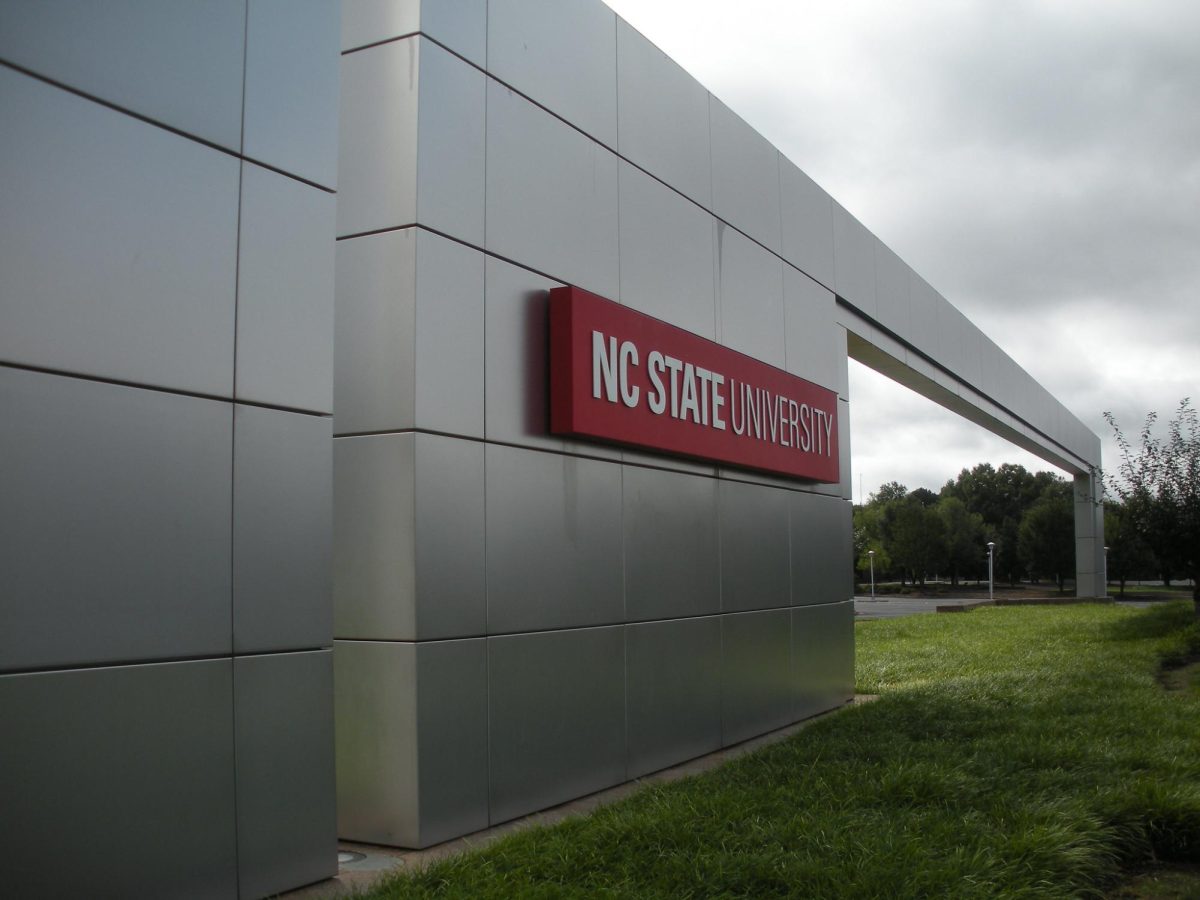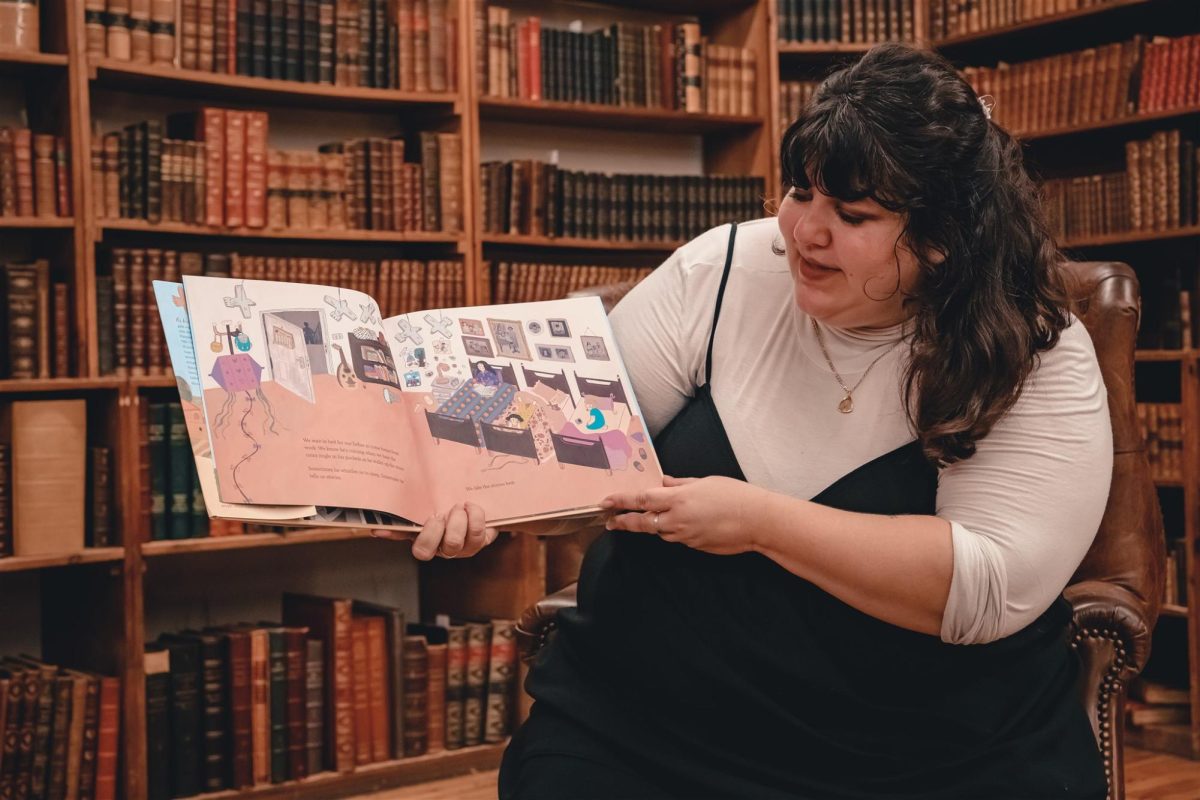Martin Luther King Jr., Rosa Parks and Malcolm X are all Civil Rights leaders who have had a profound effect on America. However they are not the only people who have braced America with their philosophical intellect. America got to its present place on the backs of many people. While some of these people have been honored with holidays, songs or just a presence in history books, there are many past and present leaders that have been forgotten by many.
On Thursday, September 17, 2009 in the Stewart Theatre, author, abolitionist, and activist Angela Davis came to give a profound message to the N.C. State community. To prepare for the arrival of Davis, student leaders in the Society of Afrikan American Culture held a program in the Witherspoon Student Center that informed students of who Angela Davis was. The students talked about her involvement with different organizations such as the Student Nonviolent Coordinating Committee, which was founded on the campus of Shaw University. Every student in attendance left the SAAC program with a more profound understanding of the life of Angela Davis, which, was the goal of the coordinators of the program.
“I’m very interested in getting to know more about Angela Davis and hearing what she has to say, after learning about how strong her character is and all that she stands for,” said Jadrien Brown, a senior in industrial and systems engineering after attending the SAAC program. “Miss Angela Davis was revolutionary and she stood for what she believed in,” Brown added.
During her presentation Davis talked about a past, present and future that most have only read about. Her life which consisted of her continued fight for freedom in America for ignored subordinate groups inspired many members of the audience who interrupted parts of her speech with short bursts of applause. Davis spoke of a time when she was on the FBI’s “Ten Most Wanted List,” as she fought for freedom and social justice in around America, including North Carolina. While her speech took her in many directions one thing that she made sure the audience understood was that “we haven’t nearly come to achieve racial equality, there is still racism in America…and we have a long way to go,” said Davis.
While the reason for attendance varied between course extra credit, a learning opportunity or just broadening perspectives, the outcome was amazing. Angela Davis’ presence in the Stewart Theatre brought together a crowd that truly exemplified the diversity of the university. During the reception following her presentation students crowed around Davis to thank her for coming, get pictures, autographs, advice and copies of her book.
This event inspired many students such as Brittany Hardy, a senior in Biological Sciences and Africana Studies. “I think we should have more events like this so we can inspire a college aged generation to bring about social change on the social injustices that still exist today,” said Hardy.
One part of Davis’s presentation that resonated in the minds of many students during the reception was when she informed the audience that the “Promised Land” that Martin Luther King Jr. once spoke about was a place that only Martin Luther King Jr. would ever see. “We’ll never reach the promised land,” said David during her presentation. While this is a statement that would encourage some to give up the struggle and wave a white flag, students like Jessica Couch, a senior in fashion and textile management was encouraged by the words of Davis.
“I never through about it in that way, but it only makes sense. No matter how many problems we solve, people will always create more [problems]. There will always be some type of struggle, but we have to come together and see the need to conjugate so that we are aware that there are issues and we can begin the process of self educating ourselves,” said Couch.
While the arrival of Davis might have caused some turmoil for certain members of the NCSU student community, many students have shown gratitude for having the opportunity to meet the woman who aided in the process of making a campus community as diverse as N.C. State possible and they have shown support for events like this one to become for frequent.
– Antoinette Russell






